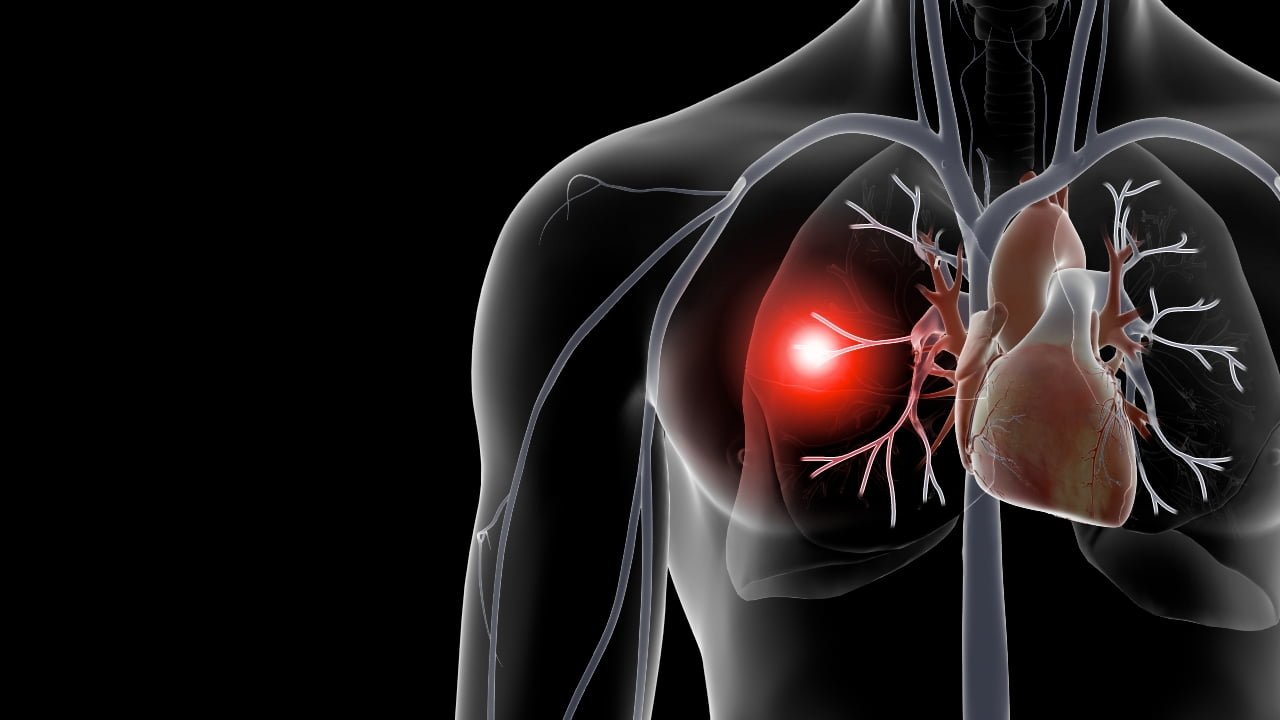Our breath is a vital force that sustains us, yet it’s easy to take our lung health for granted. Healthy lungs and efficient breathing are essential for our overall well-being. In this article, we’ll delve into the fundamentals of pulmonary treatment and explore how you can improve your breathing for a better and more vibrant life.
Understanding Pulmonary Health
Our respiratory system is a complex network of organs that work tirelessly to supply our body with life-giving oxygen. However, it’s susceptible to various conditions that can hinder its function. Respiratory issues like asthma, chronic obstructive pulmonary disease (COPD), and lung infections can impact our ability to breathe freely. Lifestyle factors such as smoking and pollution also play a significant role in lung health.
Signs and Symptoms of Pulmonary Issues
Recognizing the signs of potential pulmonary problems is crucial. If you find yourself frequently short of breath, wheezing, coughing, or experiencing chest discomfort, it might be time to pay attention. Persistent symptoms should never be ignored, as they might indicate an underlying respiratory issue that requires medical attention.
Pulmonary Treatment Options
Fortunately, there are various avenues for managing and treating pulmonary issues. Medical interventions, coupled with lifestyle changes, can make a substantial difference. Medications like bronchodilators and anti-inflammatory drugs can alleviate symptoms and improve lung function. In the case of infections, antibiotics might be prescribed to combat bacterial invaders.
Breathing Techniques for Better Pulmonary Health
Beyond medical treatments, there are simple yet powerful breathing exercises that can enhance your lung capacity and overall pulmonary health. Diaphragmatic breathing, where you focus on deep belly breaths, can help improve oxygen exchange and reduce stress. Pursed-lip breathing involves inhaling through your nose and exhaling slowly through pursed lips, which can ease shortness of breath. Paced breathing, where you take controlled, rhythmic breaths, can aid relaxation and improve lung efficiency.
Lifestyle Modifications for Pulmonary Health
Your lifestyle choices play a pivotal role in maintaining healthy lungs. Regular exercise is a cornerstone of lung health, as it strengthens the respiratory muscles and enhances lung capacity. A balanced diet rich in nutrients and hydration supports overall well-being, including lung function. Avoiding smoking and reducing exposure to pollutants further contributes to better pulmonary health.
Creating a Respiratory-Friendly Environment
The quality of the air we breathe has a direct impact on our lung health. Ensuring good indoor air quality can go a long way in supporting your respiratory system. Simple steps like keeping your living spaces clean, using air purifiers, and minimizing exposure to allergens can create a more lung-friendly environment. Additionally, consider adopting houseplants that naturally purify the air.
Seeking Professional Guidance
While self-care is valuable, seeking guidance from healthcare professionals is essential for accurate diagnosis and effective treatment. Pulmonologists and respiratory therapists specialize in understanding and treating pulmonary issues. They can provide personalized advice and treatment plans tailored to your specific needs, ensuring the best possible outcome for your lung health.
Conclusion
Our lungs are remarkable organs that deserve our attention and care. By understanding the basics of pulmonary treatment and incorporating simple yet effective strategies, we can breathe better and experience a higher quality of life. Remember, it’s never too late to prioritize your lung health. Start with small steps, such as adopting breathing exercises and making healthy lifestyle choices. With dedication and a commitment to your well-being, you can embark on a journey to improved pulmonary health and a brighter future.
Additional Resources:
For more information on pulmonary health and treatment options, you can explore reputable sources such as:
- American Lung Association
- Mayo Clinic’s Pulmonary Medicine department
- National Heart, Lung, and Blood Institute

